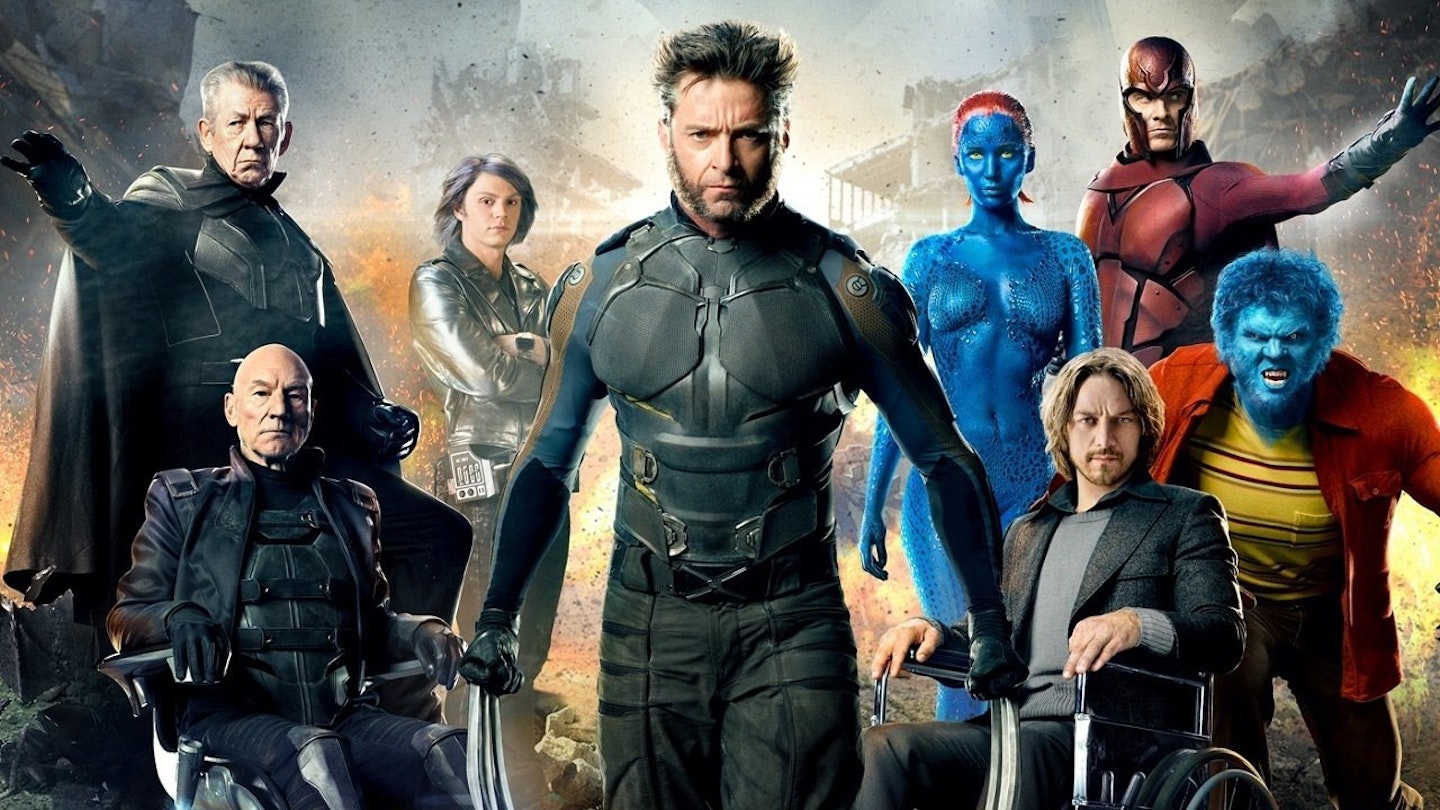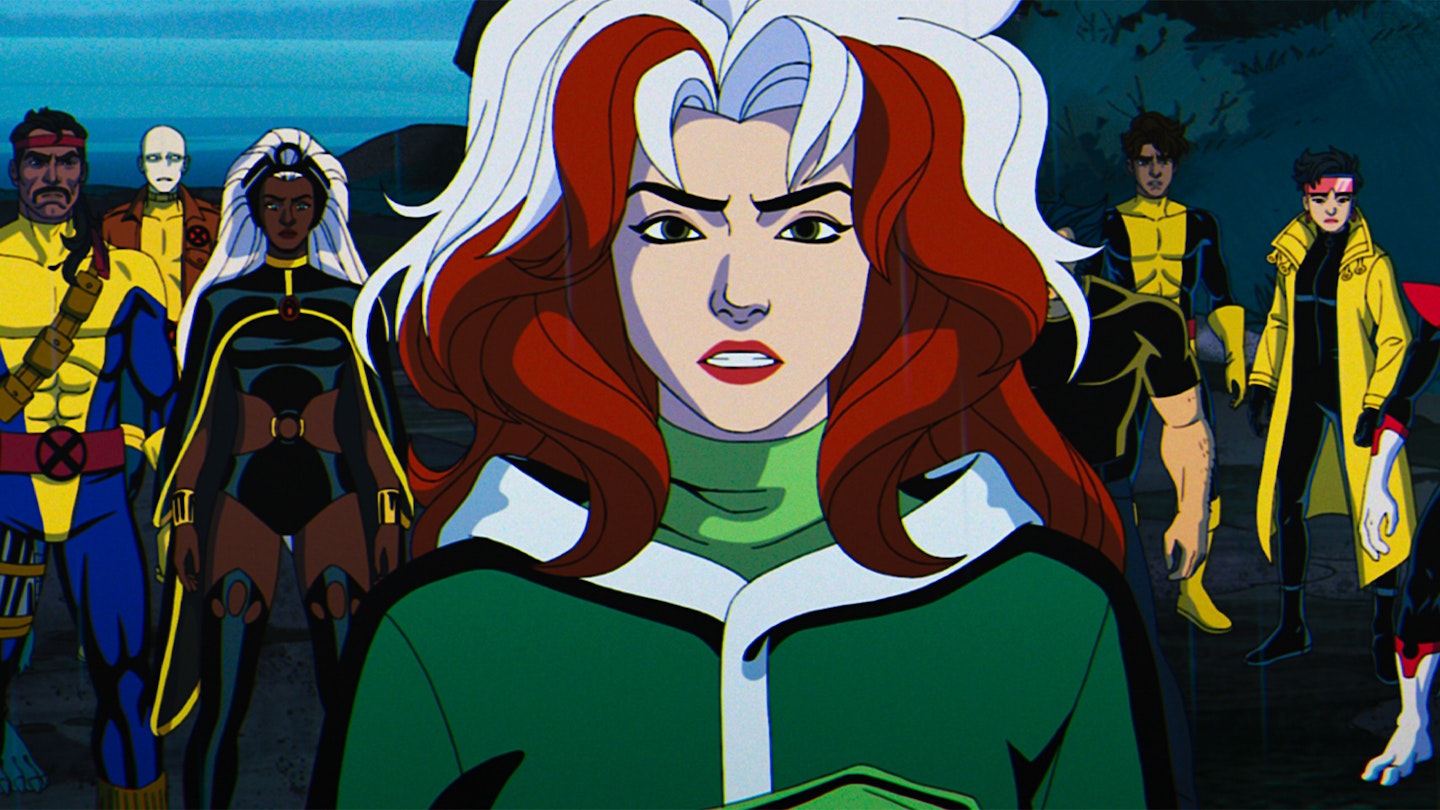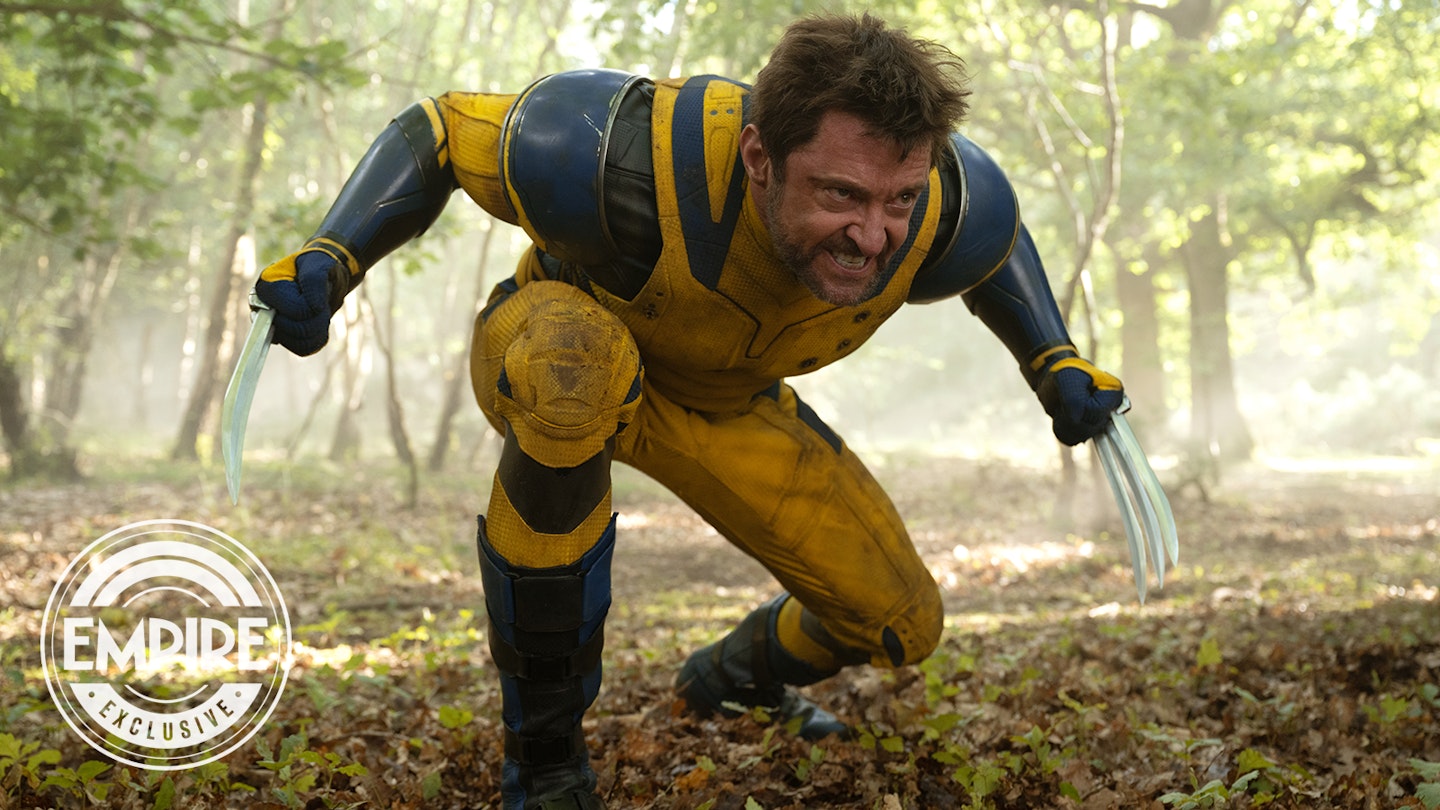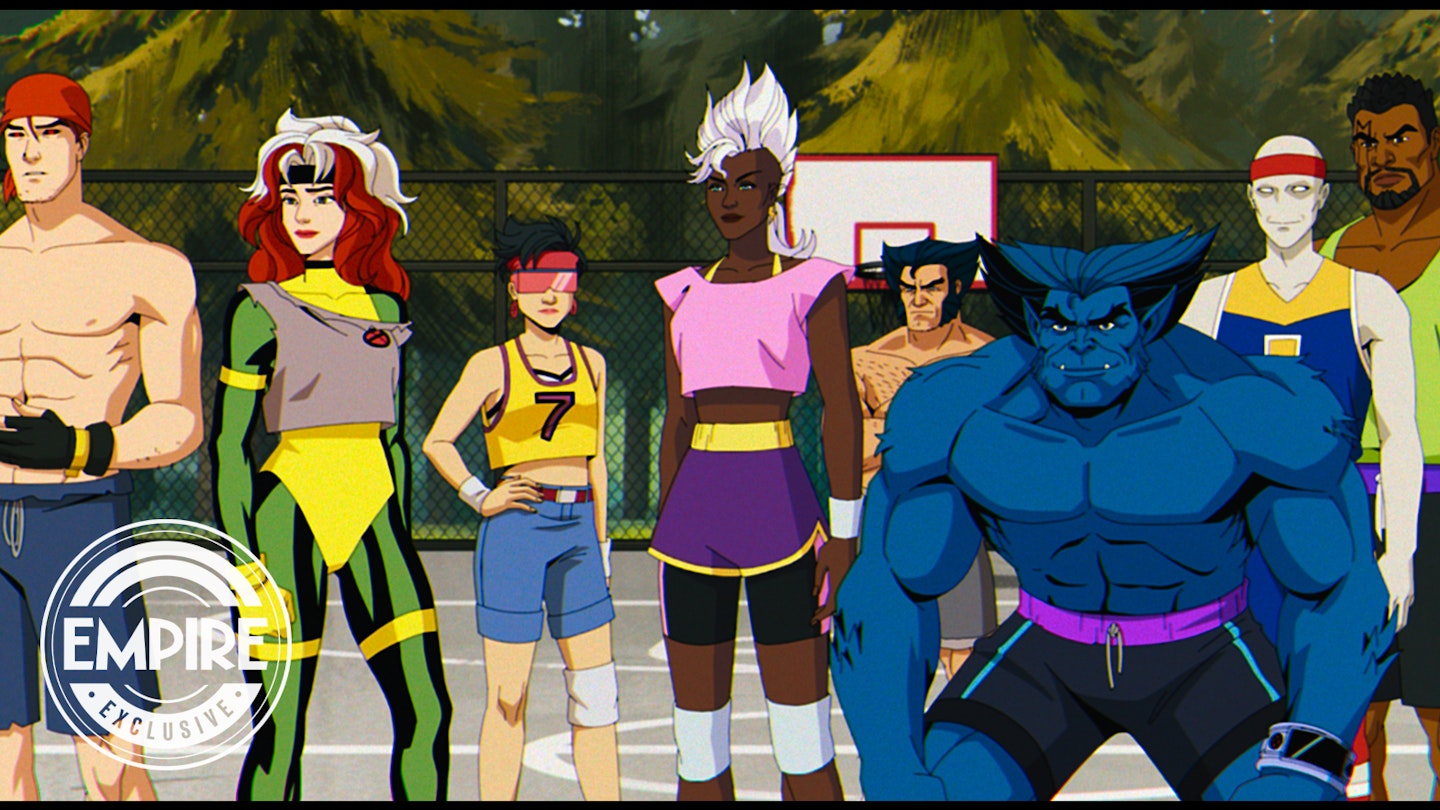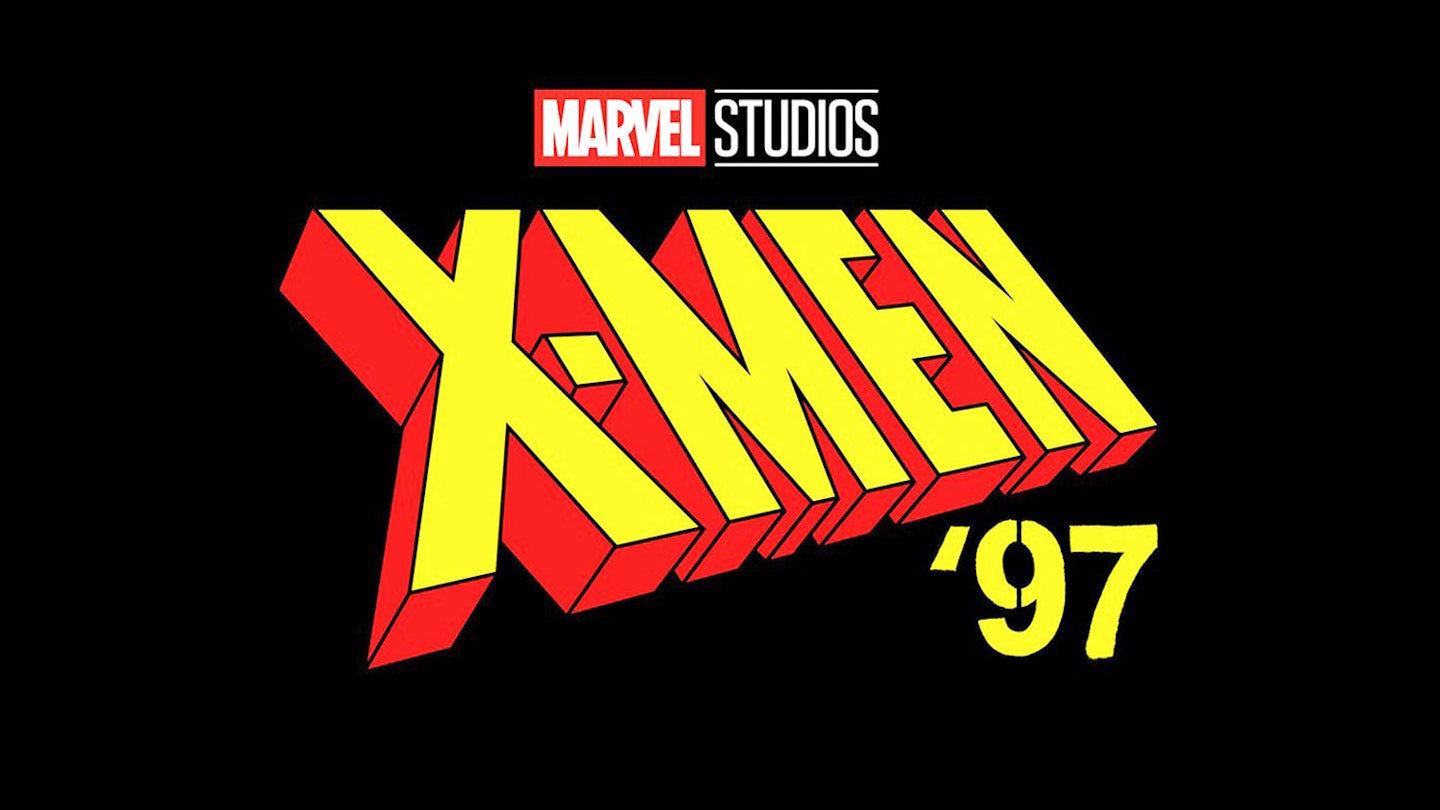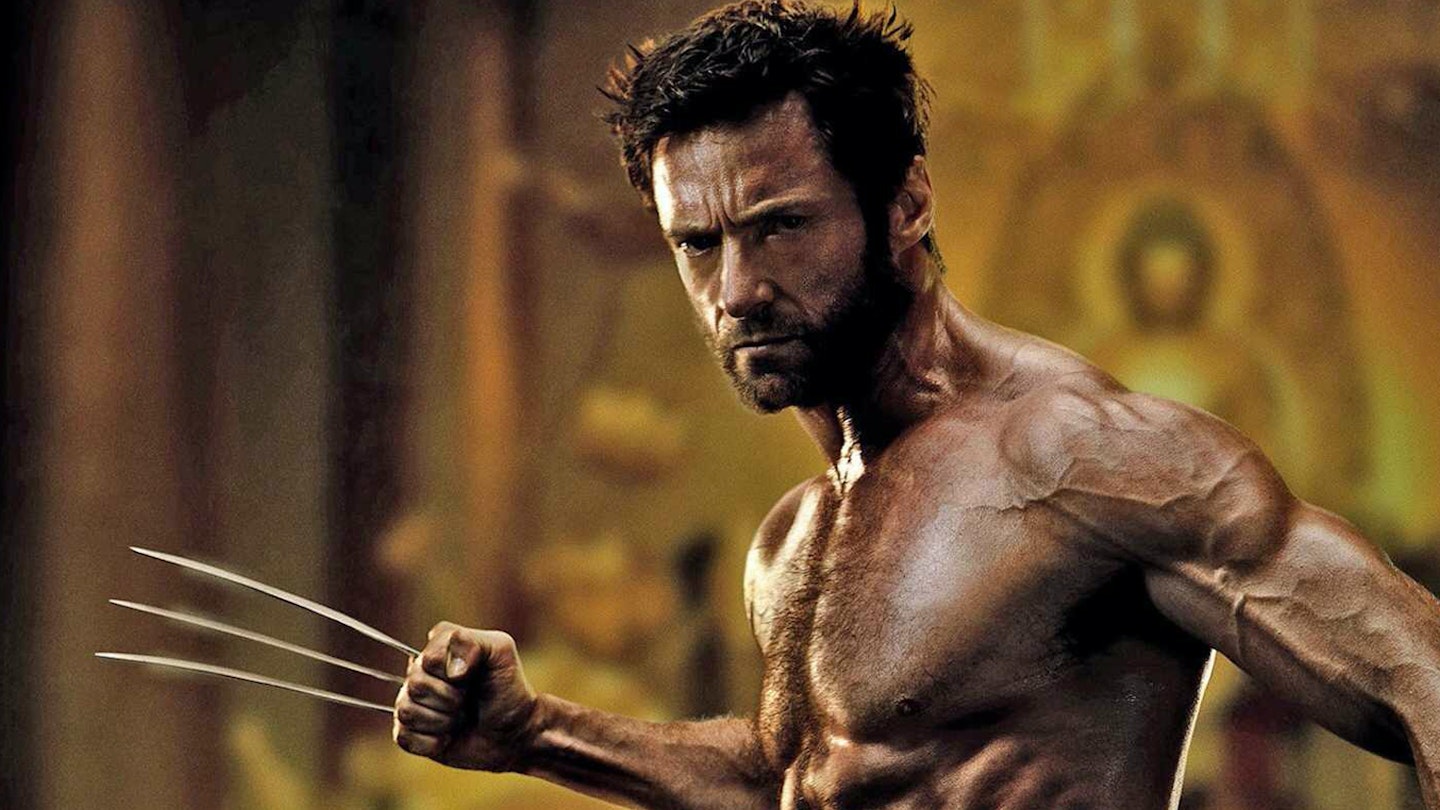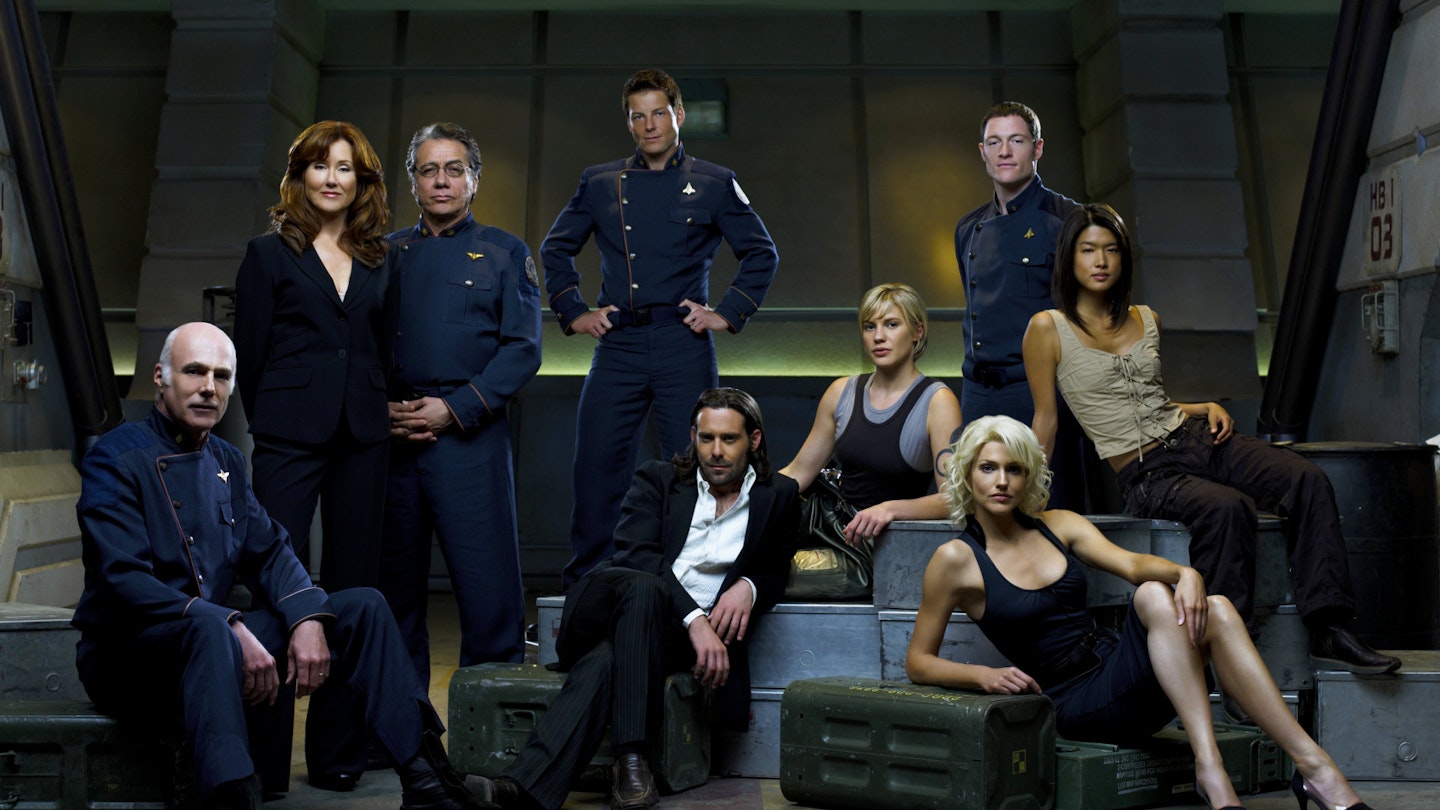With this kind of movie the whispering starts early, fervid fans (mis)reporting every little leak. For those net-heads who stopped to listen, the early buzz on Bryan Singer's adaptation of Marvel's bestselling comic imprint was poor. The director wasn't a fan (true). The production was mired in re-shoots (which blockbuster isn't?). And the final cut was strangely short (true again, although 90 minutes used to be considered an adequate running time for a movie).
Thankfully, it's time for the rumour-mongers to gracefully retire. The finished film is in, and - whisper it - it's not bad. Better than that, X-Men is actually pretty darn good. And, in a summer so far short of real spectacle, that's near enough a miracle.
The key decision in comic book adaptations amounts to this: how seriously do you treat your source material? It is possible to make a fun flick by employing an irreverent touch, but you only have to contrast Tim Burton's dark knight with Adam West's camp avenger to appreciate the difference.
Like Burton's **Batman (1989) **, the X-Men go deep (they "do" dark, too). A '60s comic born out of the civil rights movement, themes of prejudice and assimilation have always underpinned the cartoon adventures of these superpowerful mutants. Indeed, it's long been noted that the leading protagonists - teacher and telepath Professor Xavier and his nemesis Magneto - are basically Martin Luther King and Malcolm X. Appreciating the strength of this claim, Singer's first ace is to secure RSC alums Patrick Stewart and Ian McKellen as the two rivals, thereby lending the whole project some much-needed gravitas.
Singer's other trump card is Hugh Jackman's Wolverine. Deeply unimpressed and permanently grouchy, the new recruit to Xavier's superhero team is the perfect guide to the X-Men universe.
Whenever the script threatens to get silly, he will puncture the moment with a quip as sharp as his talons. He's also really, really hard. Between Jackman's physical presence and McKellen and Stewart's verbal jousting, it's fair to say that none of the other X-Men get much of a look in. Yet, perhaps that's just as well; if Singer and the only credited screenwriter, David Hayter, had paused to introduce back story on all ten characters, we might never have got started.
As it stands, the plot is breath-takingly simple - it amounts to little more than a line of dialogue, spoken about half-way through the film (to paraphrase: "That's what Magneto's up to. We'd better stop him."). Up until this point, everything is set-up; everything that follows qualifies as climax. Perhaps there was some fat on the original script, perhaps he even shot some rubbish, but Singer's 90-minute cut has excised all of it. What remains is lean, fast and over far too soon.
Critically, Singer gets the details right. The production design is striking, the key special effects impressive and the set-pieces satisfying. And if the climax leaves you feeling short-changed, then consider this: is it better to be left wanting more, or to exit the cinema wishing you hadn't bothered in the first place? Roll on X-Men II.
